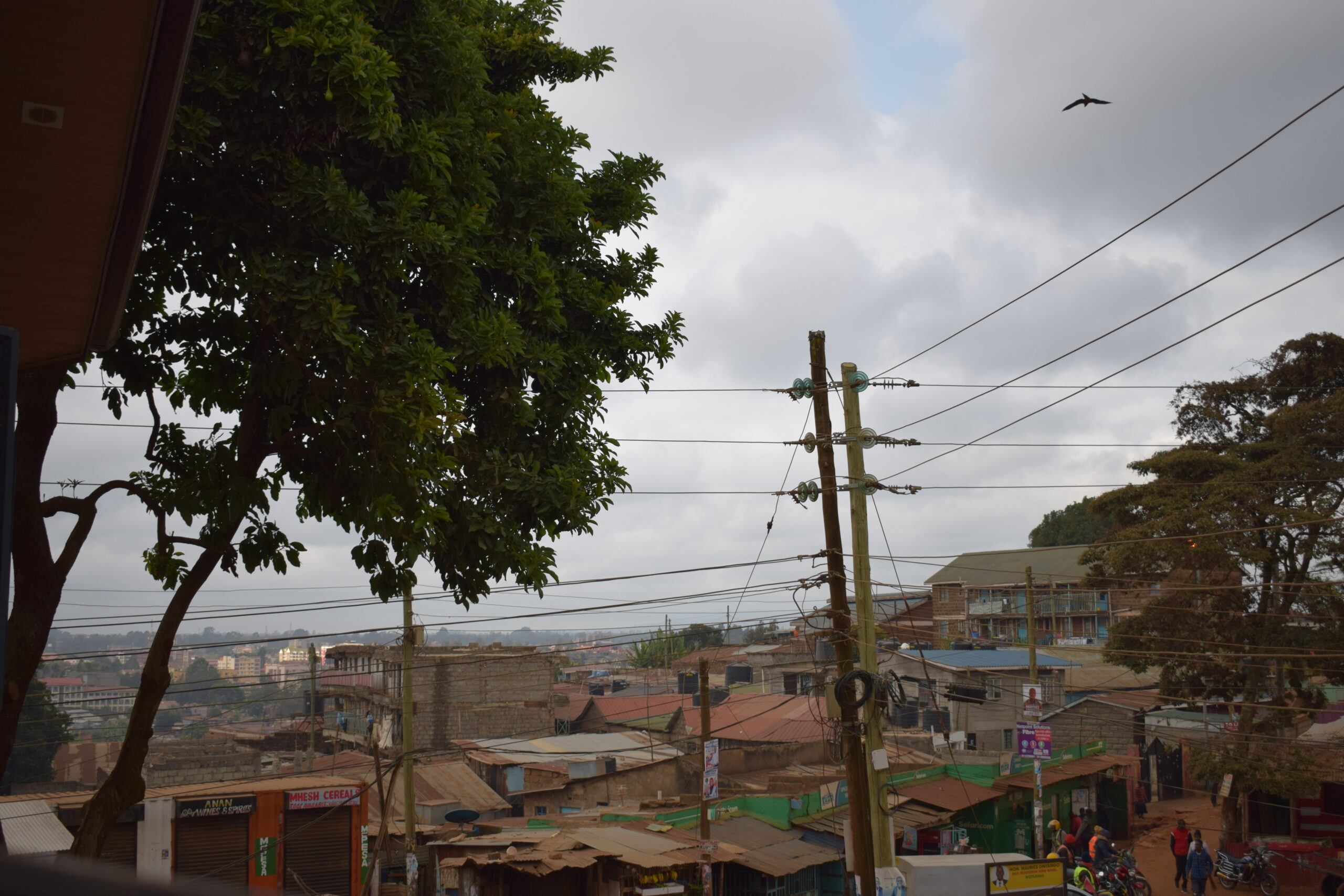
The theme of this year’s World Health Day is ‘my health, my right’ chosen by the UN World Health organisation (WHO) to champion the right of everyone, everywhere to have access to quality health services, education, and information, as well as safe drinking water, clean air, good nutrition, quality housing, decent working and environmental conditions, and freedom from discrimination.
At IJI we believe quality health is a human right but despite 140 countries recognising this right in their constitutions, countries are failing to pass and put into practice laws to ensure their societies are entitled to access health services.
According to the UN, at least 4.5 billion people — more than half of the world’s population — were not fully covered by essential health services in 2021. (WHO, 2024). In the global south, access to healthcare and sometimes even the most basic of necessities can be a struggle. These are the communities who are most marginalised and at the centre of our work.
This year’s World Health Day theme couldn’t be more relevant to one of our inspiring socio-health projects partnered with the Jesuits of East Africa.
Uzima is the Swahili word for ‘full of life’ and is a project based in one of the largest slums, Kangemi, in Nairobi Kenya. The project supports vulnerable people in Kangemi with access to lifesaving medical support programmes for people with HIV/AIDS, and counselling and accompaniment to victims of Gender Based Violence with psycho-social support.
Nairobi is one of the leading counties contributing to the HIV burden in Kenya, with close to 160,000 people living with the virus. Although the last decade has seen a consistent decrease in HIV prevalence rates- the rate of HIV infection in Kangemi is high. Uzima focuses on interventions geared towards reducing the prevalence as well as addressing the exclusion, stigma and discrimination that people living with HIV face.
The vast majority of the Kangemi population, mostly women and young girls, live in extreme poverty and this plunges them into deeper desperation as they become unable to sustain themselves and their families. Many of our beneficiaries are single mothers and therefore the sole breadwinners as it is only their income that pays the rent, food and school fees and other basic needs.
As you can imagine extreme poverty such as this creates massive barriers to vital HIV medical support but partnered with the Eastern African Jesuit Development Office, Uzima is a beacon of light for vulnerable communities in Kangemi.
Focused on health and improving quality of life, the Uzima project aims to:
- Reduce the social exclusion of people living with HIV/AIDS
- To increase protection of human rights and improved access to justice for survivors of sexual and gender-based violence
- To reduce levels of sexual and gender-based violence cases to women, persons living with HIV/AIDS, and key populations including boys and girls.
- To enhance and reinforce the organizational system in order to provide better support for young women, survivors of sexual and gender-based violence, and individuals living with HIV/AIDS
To realize these goals, Uzima will support vulnerable communities by way of nutrition and food supports, provide stipends for transport of community health officers and paralegals to support and accompany sexual and gender-based violence survivors and address livelihoods by upskilling and trainings – so that marginalised groups, mainly women, are empowered to break away from social exclusion.
Mercy*, a 37 years old resident of Kangemi, spoke of the immense help Uzima has given her:
“Uzima has helped me in a big way with medical support when I fall sick supporting me through medical referral service and covering medical bills that I was charged with”.
My family and I had lived a miserable life of spending most of our days with empty stomachs and being thrown out of the house, I being a single mother, depression and stress begun clocking in and life seemed meaningless.
I was then referred to Uzima Programme where I joined a support group of people with the same living conditions to receive psychosocial support with the help of the Programme counsellor. This helped me relieve myself from stress and started staying positive”.
If you would like to help us continue to empower and uplift the lives of vulnerable people, like Mercy, in Kenya.
*For her safety and wellbeing, an alias has been used.


